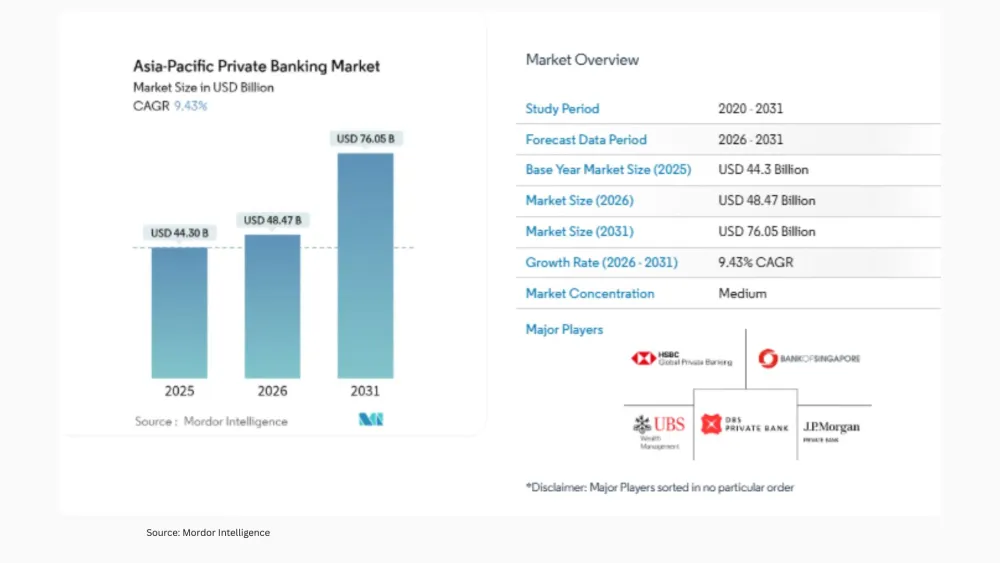
Pandemic pushes banks to adapt hybrid set-up for transaction banking services
BPI's John-C Syquia and FinServ Solution's Andre Lee discuss the latest trends in transaction banking.
Transaction banking services across Southeast Asia are pulled into a tough balancing act of ramping up their digitalisation of services whilst also remaining accommodative to their customers’ preferences for physical banking services and the other unique quirks of their local markets.
Bankers from the Philippines and Malaysia shared how they’ve kept up with serving the individual needs of their clients amidst the time of rapid digital adoption during the Asian Banking & Finance Transaction Banking roundtable held on 27 May 2021.
Both John-C Syquia of the Bank of the Philippine Islands and Andre Lee of FinServ Solutions agreed that transforming local banks’ services to accommodate more digital services that address corporate clients’ individual needs is no easy feat.
BPI’s Syquia recognized that whilst the pandemic has ramped up banks’ adoption and roll-out of digital-based services in the past year, in the Philippines, there will still be a lot of paper used in the near-future for transaction and corporate banking.
“For instance, in the Philippines, you can't do away without checks on rent, because [whilst] we interconnect all the banks, many of our clients still want to use check payments,” Syquia said.
The good news is that in the Philippines, clients—even small and medium enterprises (SMEs)—have easily adapted to using digital tools thanks to Filipinos being adept at using mobile phones.
“The good thing about the Philippines though is, as you know, we were the texting capital of the world. So as far as using the mobile phone is concerned, it was easy to get the retail and SMEs to adapt to that, because a lot of transactions were being done by the telecommunications companies through that, and they were [already] financial transactions,” Syquia said, adding that BPI’s transaction banking team has capitalized on this to connect with the SMEs, their suppliers, and bigger companies to meet their banking needs.
Whilst Syquia discussed digitisation from a bank’s standpoint, FinServ’s Solution’s Lee meanwhile explored the clients’ perspective regarding this shift.
Lee laid out three issues that clients consider: one, how the client will move from the previous manual face-to-face interaction with their relationship managers (RMs); two, whether middle market companies and individuals are ready to move to the digital way of banking; and third, the need to digitize the back office of the financial institution.
“As far as the clients are concerned, they have their hands full, because they have these three things to consider, and that's not something that they are extremely familiar with. So that's where folks like us especially bring value, they actually go to banks to ask for their guidance,” Lee said.
Lee also noted how the digitisation of banks in Malaysia differed from that of the Philippines, notably thanks to Malaysia’s central bank pushing for banks to digitise a long time ago.
As financial institutions and companies complied to the regulations, more people also began to carry less paper documents and cash with them, increasingly finding it less convenient to do so, Lee observed.
“Somehow along the way, it became less convenient for people to actually have paper money or papers with them. But with the presence of the COVID-19, while on the one hand it's bad for humans, I think it's good in terms of this whole exercise to move transactions to the digital,” Lee said, adding that the whole migration process for clients to adapt non-physical banking was actually facilitated by all parties involved in transaction banking.
Both recognized the challenges of onboarding clients digitally for the transaction banking segment, either in the Philippines or Malaysia.
For example, BPI currently has under 40% of its client base in its online system. Syquia however said that the bank is determined to accelerate onboarding clients, and are launching a plethora of educational and new services catered to the local market.
One of these is taking advantage of the SMS or text messaging system, which is still very much active in the Philippines—which makes it important for banks to offer services that are mobile-led.
“You'll be amazed that we're still using SMS systems here. And the most senior people who often approve the transactions of companies, they would probably prefer use a tablet or their phone rather than have to log on on a laptop or your PC,” he observed, adding that the bank has developed and is further developing mobile-based apps to cater to this preference.
Structure-wise, Philippines’ BPI sees its endgame is to enable its clients to be able to access their transaction banking needs wherever, whenever.
“Ideally, in our space of transaction banking, what we want to be able to do is to pay from here or be able to pay from wherever you are, and receive from wherever you are. That's probably the ideal state that will give your clients the most convenience— and to get to the point now, that's an evolution that will go over time,” Syquia said.



















 Advertise
Advertise












